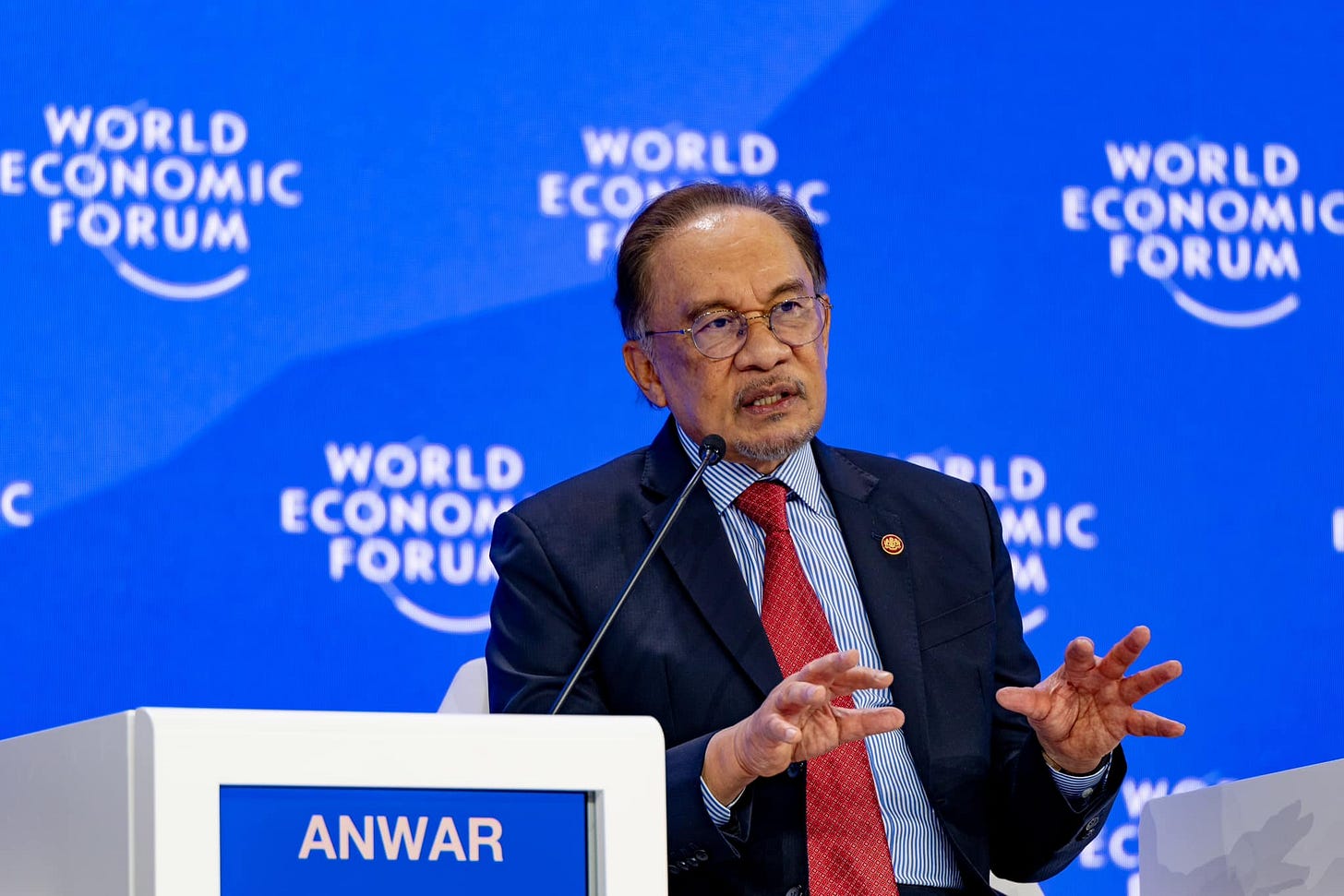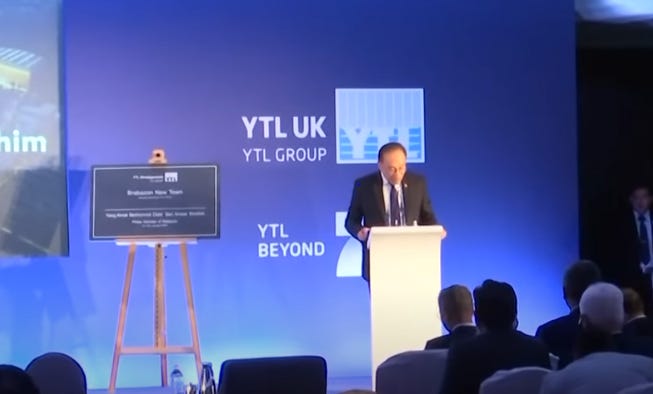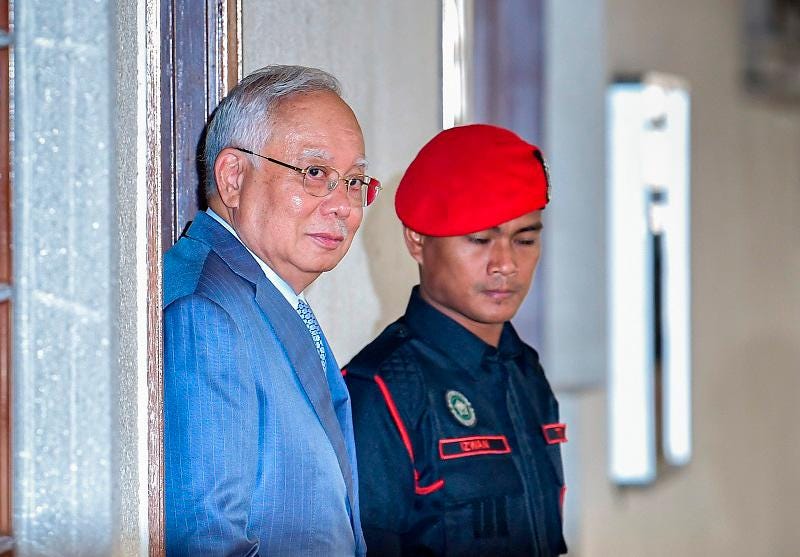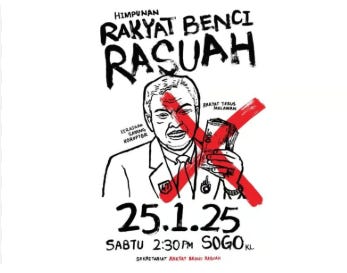Over the past year, Prime Minister Anwar Ibrahim appears to have spent more time abroad than in Malaysia.
His frequent overseas trips, accompanied by an entourage of ministers and private sector representatives, are ostensibly aimed at securing foreign investments without overly burdening government funds.
However, this strategy has raised questions about its effectiveness and the message it sends to Malaysians.
Anwar’s meetings with foreign leaders and potential investors often culminate in announcements of billions of ringgit in foreign direct investments (FDI) expected to flow into the country.
While these declarations paint a promising picture, the actual impact remains ambiguous. If one were to tally the estimated investments Anwar has claimed, Malaysia should be witnessing significant economic transformation. However, such results have yet to materialize tangibly.
Anwar’s recent trip to the United Kingdom exemplifies the contradictions in his approach. While he proudly highlighted YTL’s plans to create thousands of jobs in the UK, the announcement inadvertently emphasized the outflow of Malaysian investments to a developed nation.
Supporting reverse FDI and job growth in the UK.
Such proclamations sit uneasily with the public, who expect the government to prioritize job creation and investment domestically.
It is one thing for Malaysian companies to invest in underdeveloped or emerging economies where opportunities abound, but funneling resources into established, developed countries like the UK raises eyebrows.
It suggests a misplaced sense of pride—perhaps even a misguided notion of reverse colonialism—that contrasts sharply with the realities of Malaysia’s economic struggles.
A troubling pattern has emerged: Anwar’s overseas travels seem to correlate with his waning popularity at home.
The more criticism he faces domestically, the more frequently he appears on the global stage, often surrounded by ministers and private sector cheerleaders.
This escapism might create an impression of progress abroad but does little to address pressing issues at home.
Najib is avoiding all the flak at home over the Najib addendum.
While Anwar is often portrayed as a philosophical and well-read leader, his reluctance to engage meaningfully in parliamentary debates reveals another side of his leadership.
It’s not that Anwar lacks debating skills—his history as a fiery opposition leader proves otherwise.
Rather, his government appears bereft of substantive policies worth defending. The so-called “Madani government” has yet to offer compelling solutions to Malaysia’s challenges, including mounting foreign debt, pervasive corruption, and entrenched racial and religious divides.
Clamping down on freedom of speech while Anwar is overseas.
Anwar’s credibility suffered further when he reluctantly acknowledged the existence of a royal addendum related to the incarceration of former Prime Minister Najib Razak.
This admission, forced by mounting political pressure, exposed his government’s lack of transparency. Calls for his resignation over this concealment were brushed aside, a move reflective of Malaysia’s political culture, where accountability is often sidelined.
Despite once being a beacon of reform, Anwar now appears to have abandoned those ideals to maintain power. His reliance on race and religion in politics mirrors the very tactics he once condemned, undermining his reformist image.
On international platforms, Anwar strives to project an image of a progressive leader committed to diversity and openness.
However, in interviews, he frequently sidesteps tough questions about Malaysia’s economic and social challenges, offering vague responses or recounting his personal hardships during incarceration.
This lack of substantive engagement has drawn criticism, such as during a U.S. trip when a journalist urged him to stop evading questions.
In many functioning democracies, leaders found withholding critical information or failing to deliver on promises would face significant repercussions, including calls to step down. Yet, in Malaysia, such demands often fall on deaf ears. Anwar’s ability to weather these storms, coupled with his apparent focus on planning his next international trip, suggests a leader increasingly out of touch with the concerns of his own people.
In the end, Anwar Ibrahim’s leadership seems to oscillate between grand promises on the global stage and an inability—or unwillingness—to address Malaysia’s pressing problems. His government’s lack of transparency, reliance on outdated political tactics, and failure to deliver meaningful reforms risk eroding the hope Malaysians once placed in him. For a leader who once championed change, this represents a profound and disappointing shift.
P. Ramasamy
Former professor of political economy at Universiti Kebangsaan Malaysia (UKM) and former deputy chief minister of Penang.
Subscribe Below:







